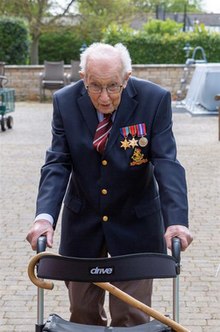I told you that my current book selection would likely make more than one appearance as a blog post, and I was correct. As a reminder, or for those that may have missed the previous post about this book, I am currently reading And It Was Good: Reflections on Beginnings by Madeleine L’Engle.
I was reading one day this week in the chapter entitled, Paradoxes in Prayer. In this chapter, L’Engle talks about praying a mantra, introducing the idea by saying, “Don’t be afraid of the word mantra.” We don’t hear or talk about mantras a great deal in Christianity, so we may be a little cautious or confused about including a mantra in our prayer life. A mantra, L’Engle points out, is “the kind of prayer that is constant, which helps us to pray at all times,” and she offers that for Christians, a mantra can really be any short petition from the Bible.
She tells of her spiritual director, years ago, giving her the Jesus Prayer, which has been one of her handful of mantras ever since. The Jesus Prayer consists of the cry of the blind man on the road to Jericho: Lord Jesus Christ, Son of the Living God, have mercy on me, a sinner. (Sometimes shortened to Lord Jesus Christ, have mercy on me.)
Throughout this chapter, L’Engle talks of the ways that this prayer has infiltrated her very being – that she finds herself waking in the middle of the night, and this prayer comes bubbling up out of her.
She is certain to remind the reader, though, that this prayer is not meant to be a selfish one. Though the words include a petition for mercy on “me,” she points out that the “me” is never just ourselves. When we pray this prayer – when we pray for mercy – we are praying on behalf of the whole Body and also for those who we lift up to God in a particular moment in time.
If I’m being honest, I could benefit from trying a bit harder to fit a mantra into my prayer life – to allow a short petition from scripture to become so much a part of me that it bubbles up in my waking and in my sleeping. I find that I offer up little prayers throughout the day, but they are generally just whatever is on my mind rather than something that has become so much a part of me that I can't help but offer it up to God.
I wonder, do any of you have a mantra from scripture that has become a regular part of your prayer life? If so, what is it? If not, is there a short petition from the Bible that you think might be helpful to you in praying daily for yourself, for others, and for the Body?



